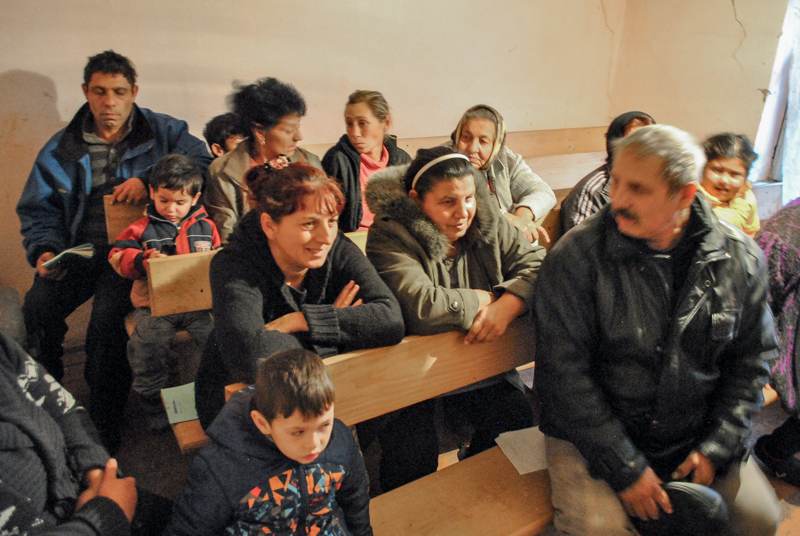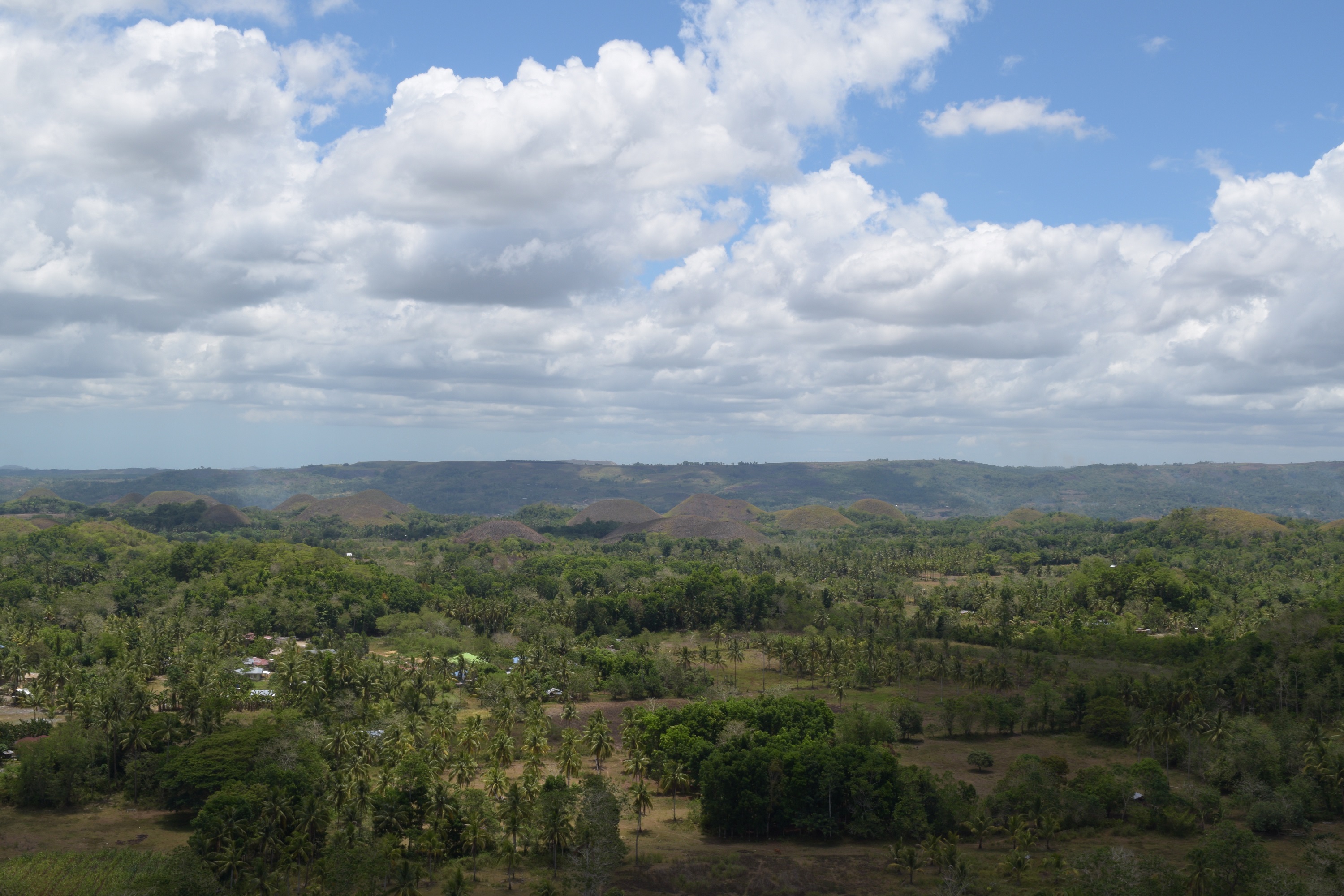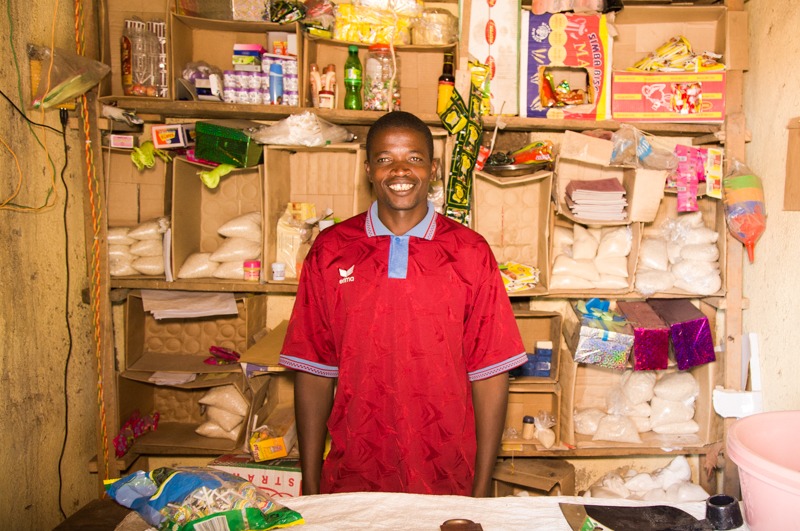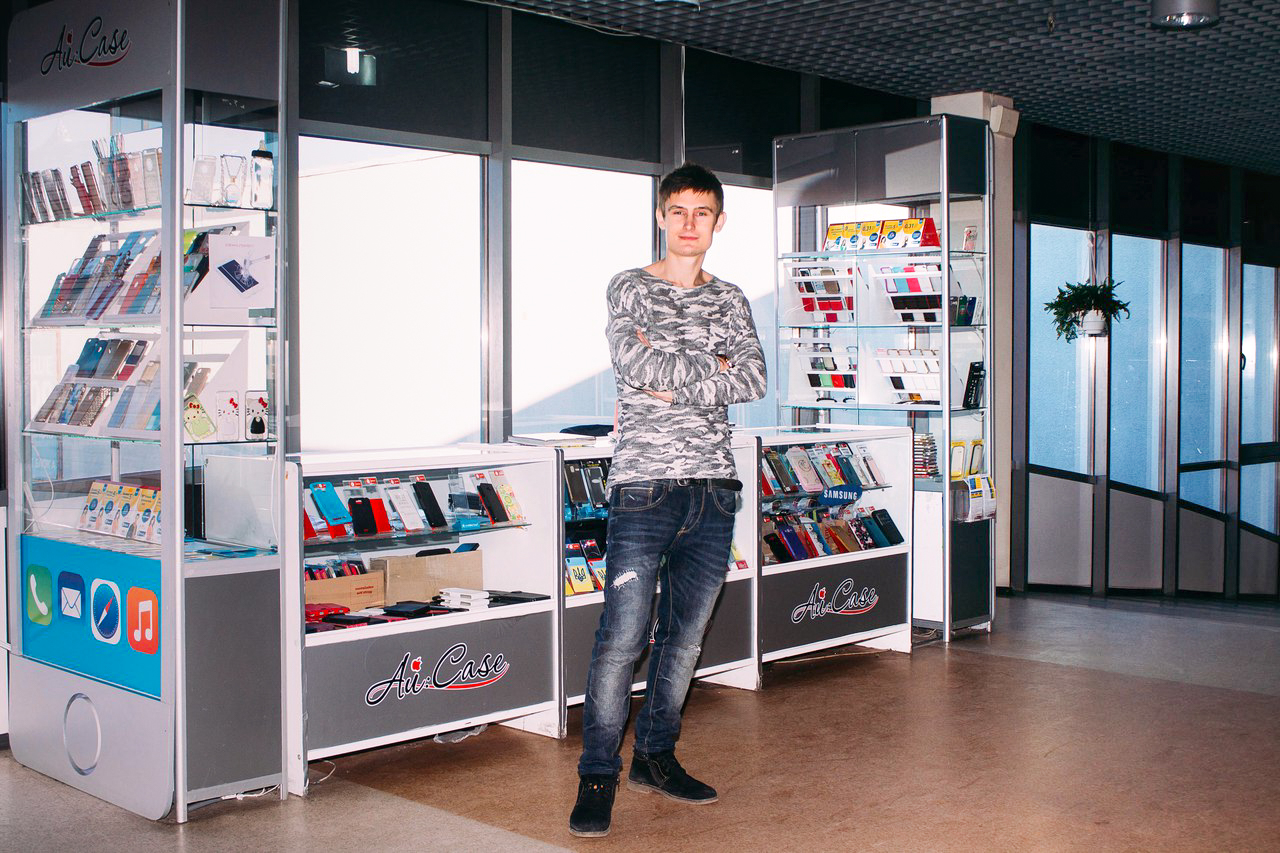As part of our commitment to personal and corporate discipleship, staff members of HOPE International engage each month with a “Faith in Practice” theme. Our goal is to grow in the knowledge of that spiritual theme and live it out in our day-to-day lives. Recently, we studied our call to take Christ’s posture of hospitality in order to serve His people around the world.
By Dan Williams, Director of Spiritual Integration
I still remember the dread I felt at age 12 on my first day at a new school after my family had moved from North Carolina to Virginia. And I also remember the safety and relief I felt when Stash, a boy that would soon become my closest friend, invited me to join his friends at the lunch table.
I remember my fear of being taken advantage of by predatory market vendors when I first moved to Niger. And I also remember how Pastor Djibo would come by and offer to go with me to the market to make sure I got fair prices.
In my current work at HOPE, I am blessed with the opportunity to travel. Whether I’m driving from my home in Durham, NC, to HOPE’s office in Lancaster, PA, or flying to visit HOPE-network programs around the world, I’m regularly overwhelmed by the hospitality I experience. I can tell you every person who ever came to greet me at the airport instead of letting me take a taxi, every meal that I’ve had in someone else’s home while traveling, every couple that slept in their children’s room so that they could offer their guest the most comfortable bed, and every person who enthusiastically took me to all the touristy things in their city when they surely had something more important to do. Continue Reading…





















